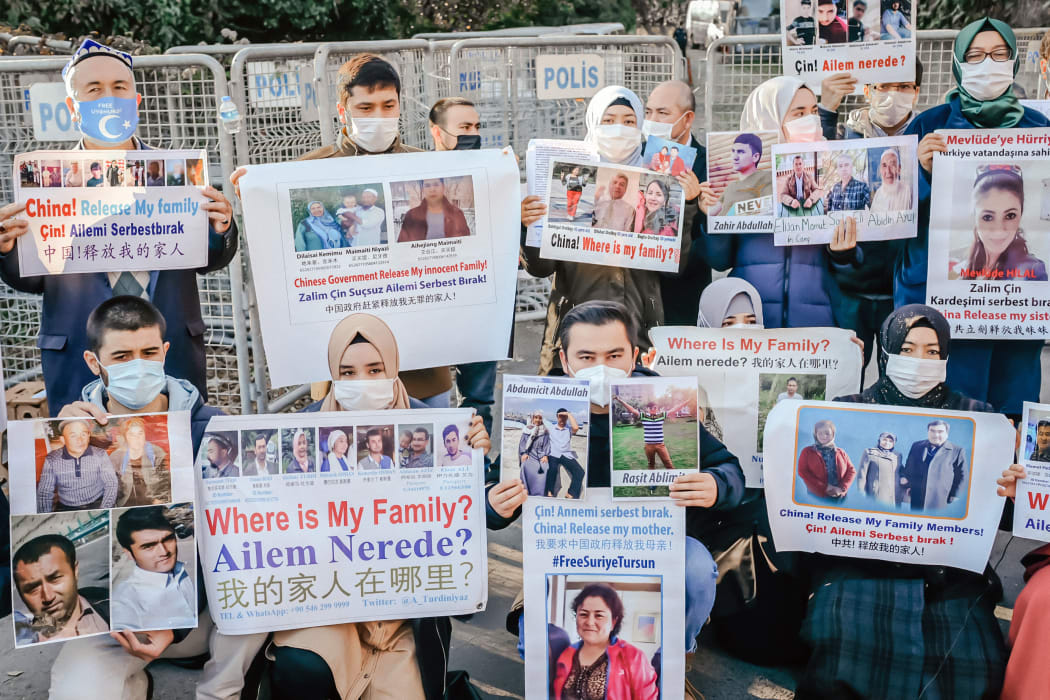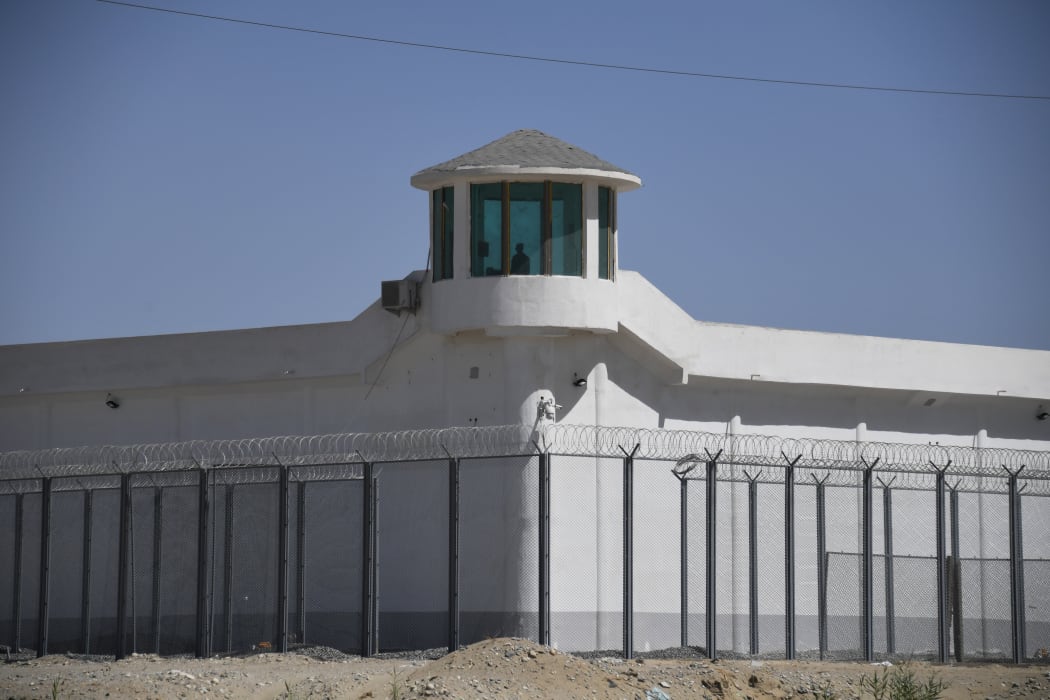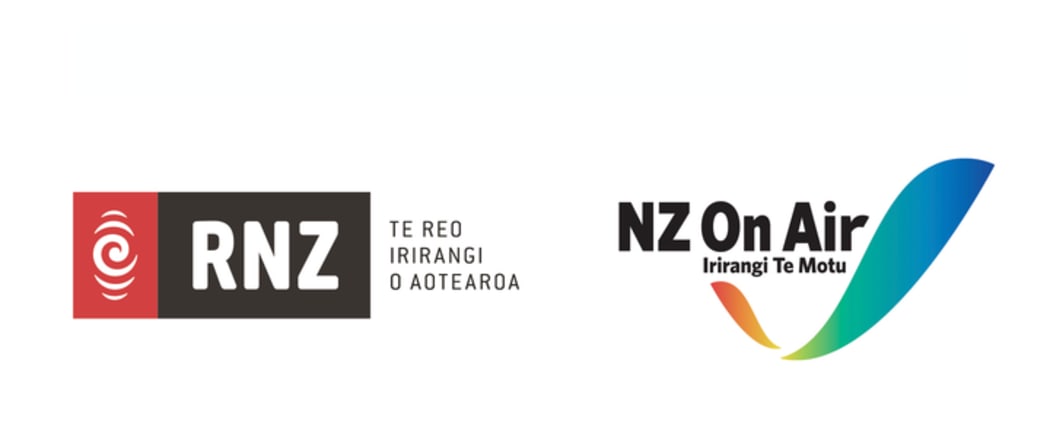
Members of the Muslim Uighur minority in Istanbul hold placards as they demonstrate in front of the Chinese consulate late last year. Photo: AFP
The New Zealand-China relationship has arguably never been stronger - and certainly never been more economically important, from our point of view.
Trade minister Damien O'Connor signed an updated free trade agreement between the two countries earlier this year, meaning two-way trade between China and New Zealand is now worth some $32 billion annually.
But as New Zealand has grown closer to China, so too have concerns about that country's human rights record and behaviour towards international institutions - such as the uprisings in Hong Kong and a seeming reluctance to allow World Health Organisation officials into the country to investigate the origins of the Covid-19 pandemic.
And arguably the most serious of all - an allegation, made at the very top of the United States government, that China is conducting a campaign described as "genocide" against Uyghur Muslims in Xianjing.
On today's episode of The Detail, Emile Donovan speaks to RNZ Worldwatch presenter Perlina Lau and international relations professor Al Gillespie about the background to this conflict; what allegations are being made against Beijing; and the difficulty in getting proof.
The Uyghur people are one of China's 55 minority ethnic groups.
They are native to Xinjiang, an autonomous region - at least in theory - in the north-west of China.
While the Uyghur people technically live in China according to modern borders, the Uyghur culture and language is distinct, and many Uyghurs wish for the region to take up independence as East Turkestan.
However, China is notoriously bullish over maintaining territorial authority.
Disputes between the Uyghurs and Chinese authorities have occurred for many years - but they have escalated in the past 20 years or so, which some commentators link to a rise in fears over Islamic extremism.
The Chinese government has been accused of a series of outrageous repressions of Uyghur Muslims, ranging from deliberately favouring ethnically Han Chinese citizens to arresting men who wear beards, forcing Uyghurs to renounce their religion, and allegations that Uyghur women are forcibly sterilised and sexually assaulted.
Reporting by the BBC also suggests some one million Uyghur Muslims have been detained at internment camps and forced to work in factories and other manual labour.

A watchtower on a high-security facility near what is believed to be a re-education camp where mostly Muslim ethnic minorities are detained, in China's northwestern Xinjiang region. Photo: AFP
China describes these as “re-education” camps which help create a more harmonious society.
Despite the gravity of the allegations, they’re extremely difficult to prove, as China is resistant to allowing independent inspectors into Xinjiang to monitor conditions.
New Zealand has been critical of China’s behaviour towards the Uyghurs, but as with much of the rest of the world, its rhetoric has been subdued.
It’s not hard to figure out why. China – as Australia recently found out – doesn’t take well to public criticism.
But given the mounting evidence, is it time to take a stand?


